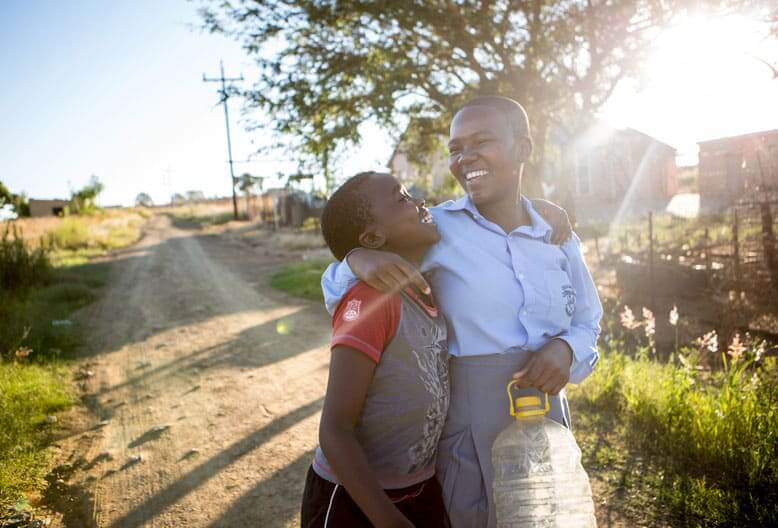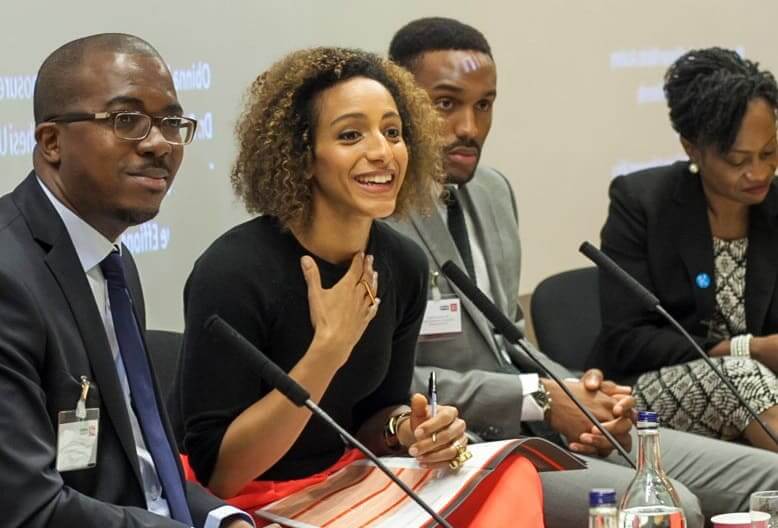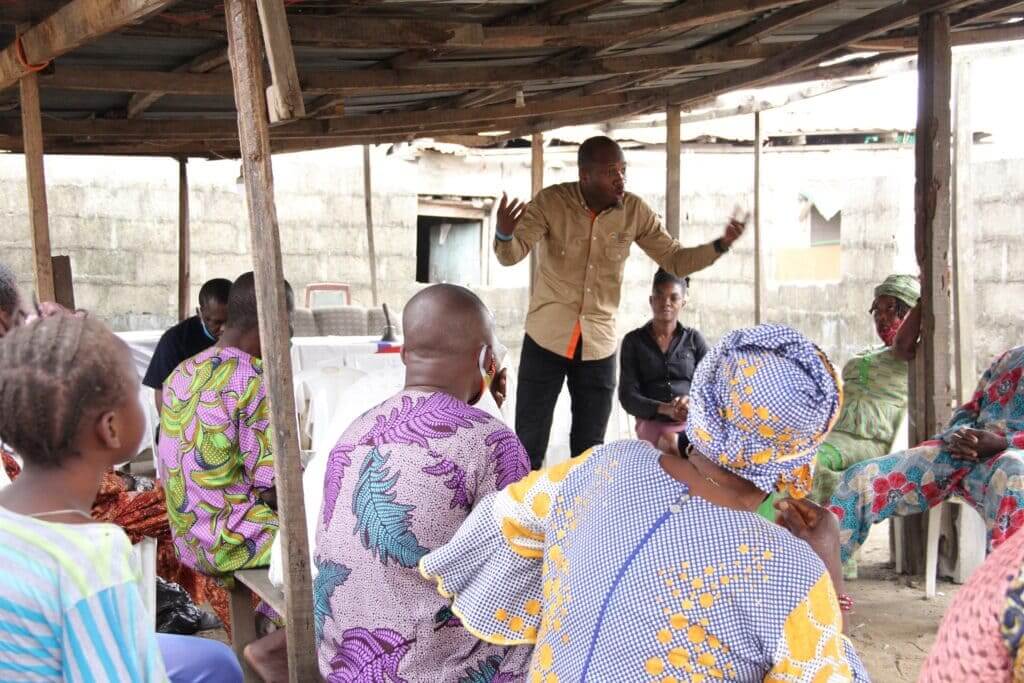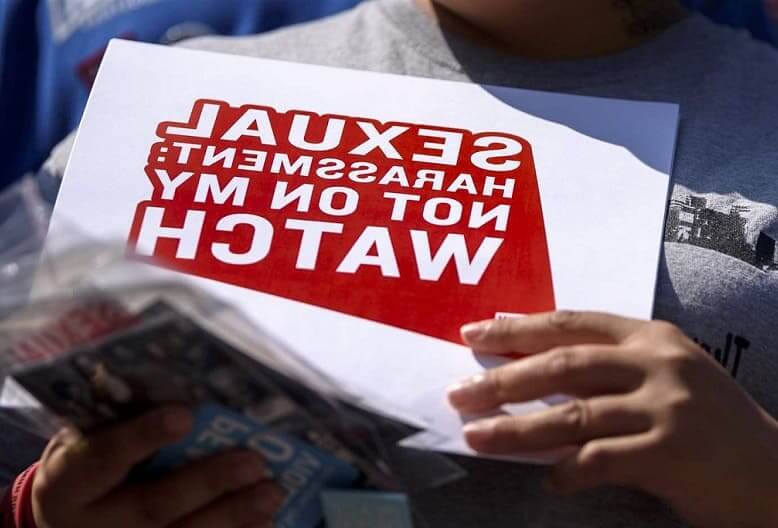Cameroon has been marred by protests since 2016, with residents in English-speaking regions saying they have been marginalized for decades by the central government and the French-speaking majority. The protesters have been calling for the restoration of the state of Southern Cameroons also called Ambazonia. However what started as ordinary protests by lawyers and teachers have turned in to a full-blown civil war with countless numbers of civilians killed, detained and displaced by the violence. The Ambazonian war as many will prefer to call it has been a long-brewing crisis steeped in historical grievances among the English speaking regions of Cameroon.
Grievances which the central government in Yaoundé under the half a century old Biya regime has always refused to listen and talk about despite several documented studies and reports which identified the Anglophone problem as a time bomb that will destabilize Cameroon as a nation and potentially the entire Central African sub-region. Not only have the citizenry constantly strived to draw government attention to this reality, international organizations have made such efforts repeatedly to no avail.
Even as the crisis turned violent, ASDPN has maintained pressure on the Cameroonian government, ignoring threats and pressures all the while insisting on the need to tone down the violence against the civilian population, listen to the worries of the English speaking minority and call for a genuine, and inclusive national dialogue between the state of Cameroon and the Ambazonian separatists from the North West and South West regions.
Though these calls have been ignored for such a long time, the speech by President Paul Biya announcing a major national dialogue was a welcome move indeed very much supported by the Africa Science Diplomacy and Policy Network as it sent all the right signals of government’s willingness to solve the crisis once and for all.
Unfortunately, government actions lately have rather demonstrated a strong sense of naivety and clear unwillingness to make the necessary compromises for a genuine dialogue that is fair enough to solve the crisis. It is rather shocking that delegations from the two aggrieved regions to the so called national dialogue were being lead by governors of French expression to discuss the problems highlighted by Cameroonians of English expression, problems of which the linguistic differences is at the center. The refusal to include key separatist leaders who are at the forefront of the war against the Cameroonian state, the refusal to discuss the atrocities committed by the Cameroonian army on civilians who are now forced to defend themselves, the invitation of mostly members of the ruling CPDM party to the national dialogue and the imposition of the terms of the national dialogue by one party (the Cameroonian state) on the other parties to the dialogue, is a clear demonstration of bad faith by the government of Cameroon.
We maintain our stance that a genuine dialogue which is inclusive and sincere without any preconditions will constitutes a major step in the right direction towards national reconciliation and nation building. For such a dialogue to be effective, the government must in addition call for a ceasefire. Unfortunately what we are seeing in Cameroon at the present moment is not a fair, sincere and inclusive dialogue it nothing but a charade.






